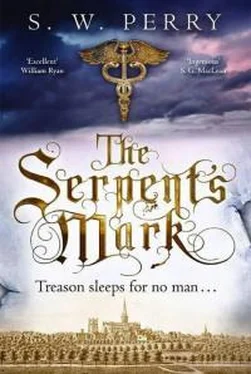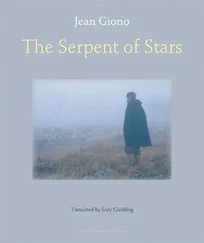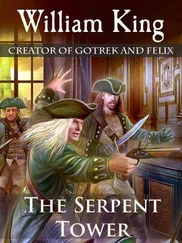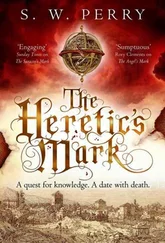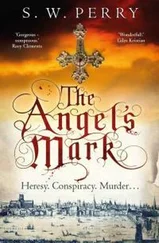Watching the shore recede, Arcampora takes from his cloak the letter that has brought him here, the letter Bianca Merton pressed into his hand as he left the Sirena di Venezia. In the dancing lantern light the words are not easy to read, but he knows them almost by heart now:
If you value your life, read this and heed its warning. You are betrayed… Unless you desire to meet a cruel fate upon the scaffold, you must with all haste flee out of this realm… At Gravesend you should seek out one Porter Bell, a waterman. He is forewarned, and will convey you secretly to a barque bound for Calais… Trust no other man but him…
The day has almost ended. Only the lantern light and the smudge of the Tilbury fort ramparts on the horizon hold out against the gathering darkness. Arcampora’s hands are numb with the evening chill. He massages his right hand with the left, marvelling at the miraculous skills they possess. Skills that no other physician can claim. And he thinks of meeting Samuel Wylde and the others at Douai. These hands, he tells himself, will soon have new employment.
The skiff moves through the water with the slow, weary plod of an exhausted beast of burden.
And then it stops.
Now they are far out in the open Reach. Raised in a cosseting, pine-clad alpine valley Arcampora finds the emptiness overpowering. Malevolent. Out here, even the greatest physician is nothing. Less than nothing.
He turns wildly about, searching for the silver flash of a wave breaking on shingle, a glimpse of the Tilbury ramparts to tell him that safety is his for the price of a waterlogged boot. But there is nothing. Nothing but the river and the darkness stretching away without limit.
The little skiff rocks violently as a wave strikes it. Angelo Arcampora grabs the sides of the boat, terrified he’s about to tumble out into this all-enveloping void, into ink-black water twice as deep as hell itself. His heart pounds wildly in his chest, filling his entire body with a drumbeat of mounting terror. A drumbeat so loud that he quite fails to hear the rasp of steel against leather, as behind him Porter Bell savours the slow drawing of the wickedly sharp blade from its sheath.
The practice of trepanning continues still. In the early 1970s an English woman, Amanda Feilding, underwent the procedure. She couldn’t find a doctor to do it, so she performed the operation herself, with the aid of an electric drill. She wanted to expand her consciousness. She’s still alive, the Countess of Wemyss and March.
The drilling of a hole in a patient’s head, while the subject is still alive, has been more common than one might think. Carried out since ancient times, trepanning was recommended in Hippocratic medicine as a way of treating skull injuries. In the early nineteenth century Cornish tin miners were said to insist upon the treatment if they sustained wounds to the head. The process was a forerunner of lobotomy.
Nicholas was right to worry about Kit Marlowe’s rehearsal of Faust . There are reports that at one performance a real demon appeared – though perhaps this was due more to clever preshow marketing than to the effective reciting of incantations. Nevertheless, in Nicholas and Bianca’s day, such things were believed to be eminently possible. And if trepanning was an acknowledged way of letting out noxious airs, then it would be entirely reasonable to Dr Arcampora that it might allow something to travel in the opposite direction.
I must thank Philip Ball for The Devil’s Doctor , on the life of the Swiss physician Paracelsus, and Charles G. Gross for his A Hole in the Head , both of which were invaluable in the making of this story. Colin Grant’s moving tale of epilepsy, A Smell of Burning , and Andrew Wickens’s A History of the Brain also provided rich inspiration.
Once again, I must thank the following people: Jane Judd for her wise counsel and support; Susannah Hamilton, Sara O’Keeffe, James Pulford and the team at Corvus Books – whose patience and forbearance seem unquenchable; Mandy Greenfield, whose eagle eye has prevented any number of howlers; and, finally, my wife Jane, without whose unshakeable belief in the author none of this would have happened.
